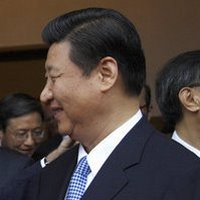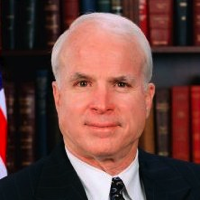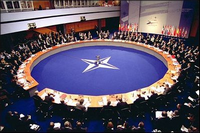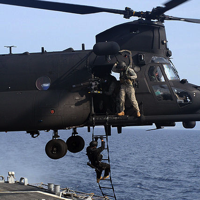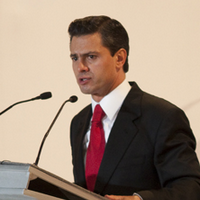
Mexico’s next major political milestone, the 2012 presidential election, is still off on the horizon, but for the impatient, Sunday’s gubernatorial contest in Mexico state offers a sneak preview of what to expect a year from now. The campaign to govern the most populous state in the country pits the Institutional Revolutionary Party’s (PRI) Eruviel Ávila against Luis Felipe Bravo Mena of the National Action Party (PAN) and Alejandro Encinas of the Party of the Democratic Revolution (PRD). Despite the stature of both Bravo Mena and Encinas — a former presidential chief of staff and a former mayor of Mexico […]


